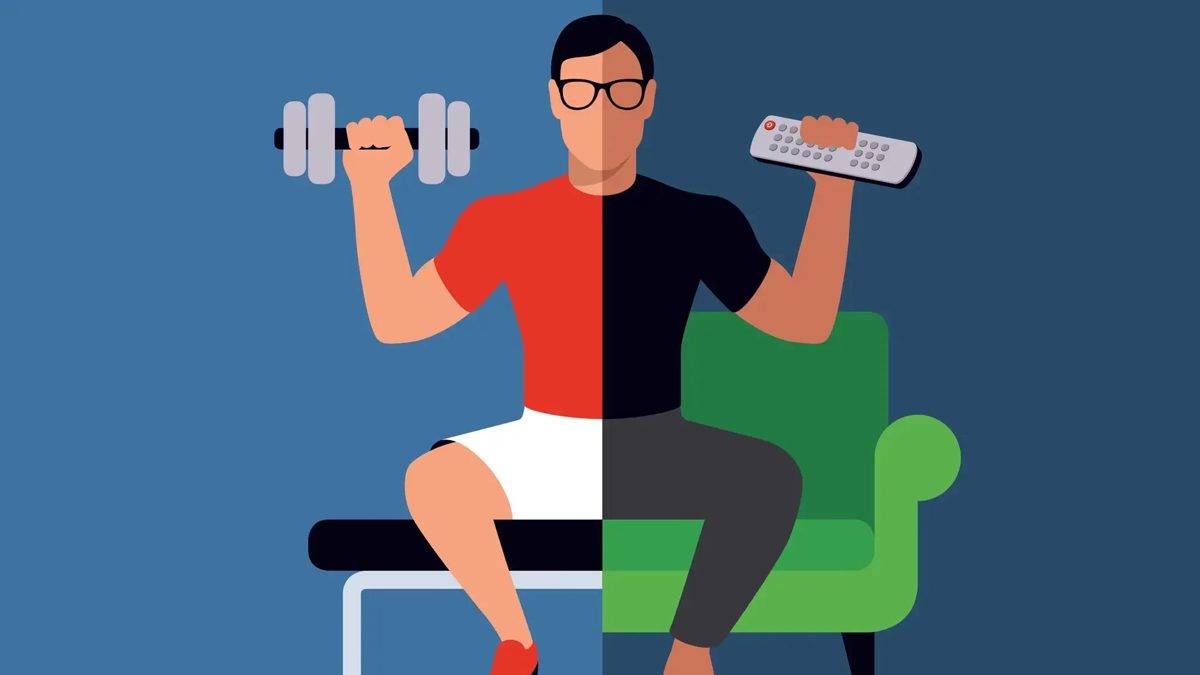Working Out in Recovery
Eating, sleeping, and feeling healthy may seem like normal parts of life, but being able to function effectively on a day-to-day basis should not be taken for granted. Like so many other medical problems, addiction interferes with an individual’s normal physical functioning. Instead of eating properly or seeking intimate partnerships or healthy relationships, addiction overrides the brain’s survival circuits, leaving the addict seeking drugs or alcohol above all else. Rebuilding these inborn mechanisms that encourage health is essential to a successful recovery, and many people entering recovery choose to build an exercise practice to help them do so.
Richard Taite is the CEO and founder of the Cliffside Malibu Treatment Center in Malibu, California, and co-author of the book Ending Addiction for Good.
Editor: Nadeem Noor
Physical fitness of all kinds is excellent for the mind and body, regardless of who you are, how old you are, or your level of experience. Beyond its obvious role in burning calories, regular exercise can also increase your overall endurance, giving you more energy after work or when you pick up the kids. Building a regular exercise practice can also decrease the likelihood that you will develop a broad range of ailments attributed to limited mobility, including high blood pressure and heart disease.
The mental and psychological benefits of regular physical activity, while more difficult to measure with objective metrics, are too meaningful to disregard. On a surface level, frequent exercise can make you feel more attractive and boost your overall self-confidence, subtly influencing the way you interact with your environment and other people, and how you respond to stress and anxiety.
Exercise also has a unique impact on the brain. Recently, researchers at the University of Maryland School of Public Health conducted a study that investigated what effect, if any, could be seen in the brains of highly trained athletes who abruptly stopped exercising for a period of ten days. The results were surprisingly significant: without the physiological boon of exercise, the athlete’s brains experienced a distinct shrinkage of the hippocampus, an area of the brain related to memory and emotion and important for its role in the onset of Alzheimer’s.
As previous research has found, this finding also indicates that long-term exercise routines could be held responsible for growing and maintaining a healthy and active hippocampus.
The hippocampus’ function of storing long-term memories and organizing new ones makes it a key part of the brain engaged by big changes in your life, like moving to a new country or recovering from addiction, that require the accumulation of newly learned skills. By promoting growth in the hippocampus, engaging in physical exercise can be instrumental in not only making big changes but sticking to them.
Exercise is a part of a healthy lifestyle and stimulates your body’s healthiest mechanisms by releasing feel-good endorphins, stimulating appetite, and leading to more restful sleep. Reluctant gym-goers, including those just entering addiction treatment/recovery, may only think of the extra hours of sleep they’ll lose to wake up early and go for a run or hit the weights, but the physical, mental, and holistic benefits to be gained from exercise far outweigh the cost. Whether the life change you’re making is about looking different, feeling healthier, or building an entirely new and fulfilling lifestyle, you can’t go wrong by including exercise.

